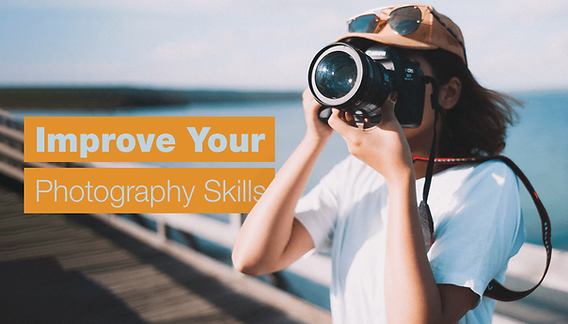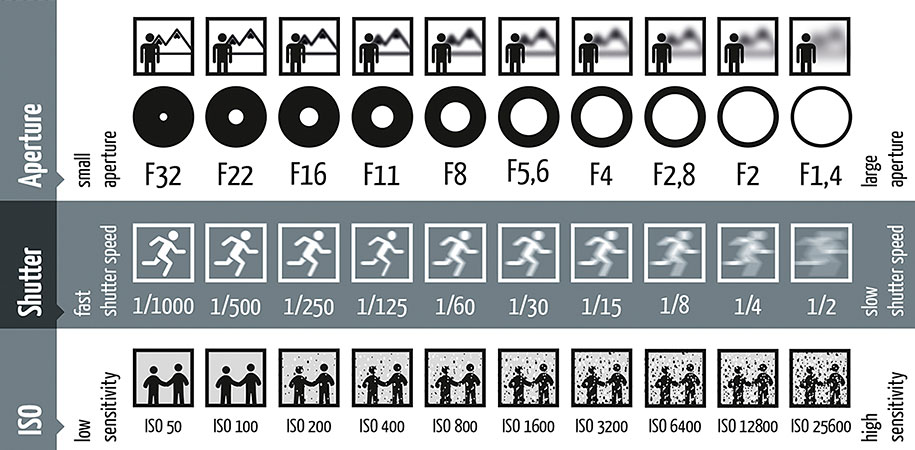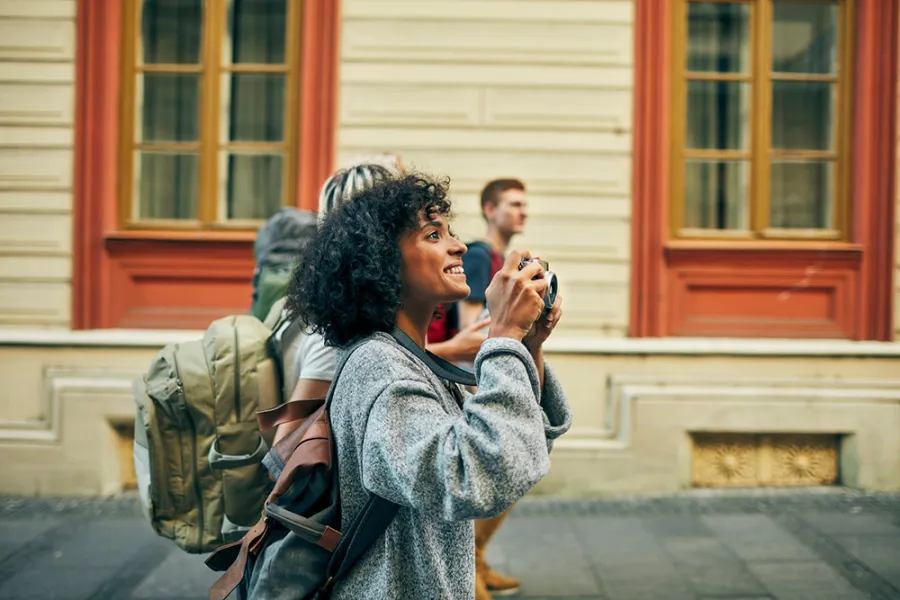
- January 3, 2025
- admin
- 0
Introduction
Photography Skills are half science and half art and doing this kind of work entails more of mastery and creativity. Whether you are a using a smartphone or a DSLR or perhaps a point and shoot camera, Photography Skills can be enhanced quickly if approaches and attitude are implemented correctly. Here follows a list of some advices to bear in mind in order to obtain a significant evolution to your photographic activity.
1. Understand Your Equipment
While learning about your camera or smartphone it’s always a good idea before diving into more advanced techniques. Follow the manual, then watch the tutorials and try it out on various settings. Knowing your equipment makes quick adaptation to several shooting situations much easier.
Key areas to focus on include:
- ISO: Maintains the sensitivity of your camera to light.
- Aperture: It affects the ability to get light into the lens and how far that light will travel in front of the camera.
- Shutter Speed: It determines how we capture motion.

2. Master Composition Basics
Great photography’s foundation is composition. After learning the basics, you can instantly raise the quality of your shots.
- Rule of Thirds: Break the frame up into a 3×3 grid and your subject in one of the intersections.
- Leading Lines: Guides the viewer’s eye to the subject through lines in a natural style.
- Framing: Use natural frames such as Windows or arches to direct our attention to the subject.
3. Learn to Use Natural Light
A photo is made or broken by lighting. The first thing you can practice doing is shooting at different times of the day to learn how light affects your images. Most types of photography look better in ‘golden hour’- when the light is soft and warm shortly after sunrise and before sunset.
4. Experiment with Angles and Perspectives
Shooting everything from eye level is to be avoided. Play with high angles, low angles, weird angles to keep your pictures interesting. For example, letting your subject lie on the ground allows you to shoot upward which makes it seem like your subject is larger and more dramatic.

5. Edit Your Photos
Modern photography can do without post processing. You can use apps like Snapseed on your mobile or Adobe Lightroom or Photoshop blending lightroom, contrast, and color balance with your picture. A good photo becomes stunning with editing.
6. Practice Daily
The more you do it the better you will be. Go ahead and challenge yourself to photograph specific subjects every day. Instead of focusing on improving all aspects, such as framing, lighting and editing, concentrate on getting one skill down.
7. Study Other Photographers
Follow the photographers you look up to. Their techniques of composition, and usage of light. To find inspiration, go to platforms like Instagram, 500px and Flickr.
8. Join a Photography Community
Talking to other photographers is a fast way to learn. Visit local photography clubs available in your area and photograph clubs communities online where people can share, provide feedback, participate in photo challenges, and even work out and much more.

9. Experiment with Different Genres
Don’t be limited to one type of photography. Landscape, portrait, macro and street photography try to get a well-rounded skill set. Each genre presents very different challenges and learning opportunities.
10. Invest in Workshops or Courses
If you want to get your progress faster, join a photography workshop or a photography course online. You can work through tough problems with expert help and learn advanced techniques with more speed and success.
FAQs on Improving Photography Skills
Q1: Do I need an expensive camera to take wonderful photographs?
A1: The best camera is the one you have with you; no. Smartphones are taken many stunning photos. First start learning composition and lighting.
Q2: Where do I go to find my inspiration?
A2: Look around you! You can turn people, everyday objects and scenes into interesting subjects. Find fresh ideas looking around social media, photography books and local exhibitions.
Q3: Is editing important in photography?
A3: Your photos can be greatly edited. This permits you to rectify deficiencies, accentuate photographs and give them a fixed mode or style.
Q4: How can you become a good beginner as quickly as possible?
A4: Practice consistently, focus on one skill at a time, getting feedback from, the most experienced photographers. Getting basic trappings of composition and light will yield results immediately.
Q5: Can one learn to take better pictures without going to a class?
A5: Absolutely! If you learn fast, courses will help you, but otherwise, self study, practice and Experiment are just as good if you’re serious.
Q6: Which apps can you use to become a better photographer?
A6: They are good apps to use for editing (Lightroom & Snapseed). What helps in photography with advice about composition are composition aids like Photo Pills, for example, for landscape.
